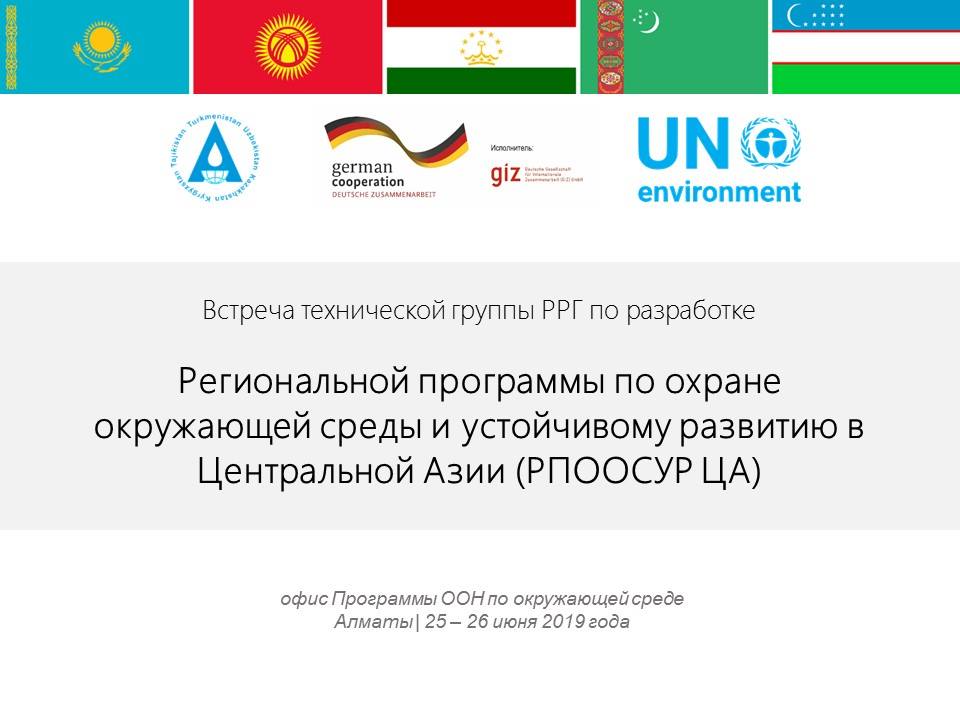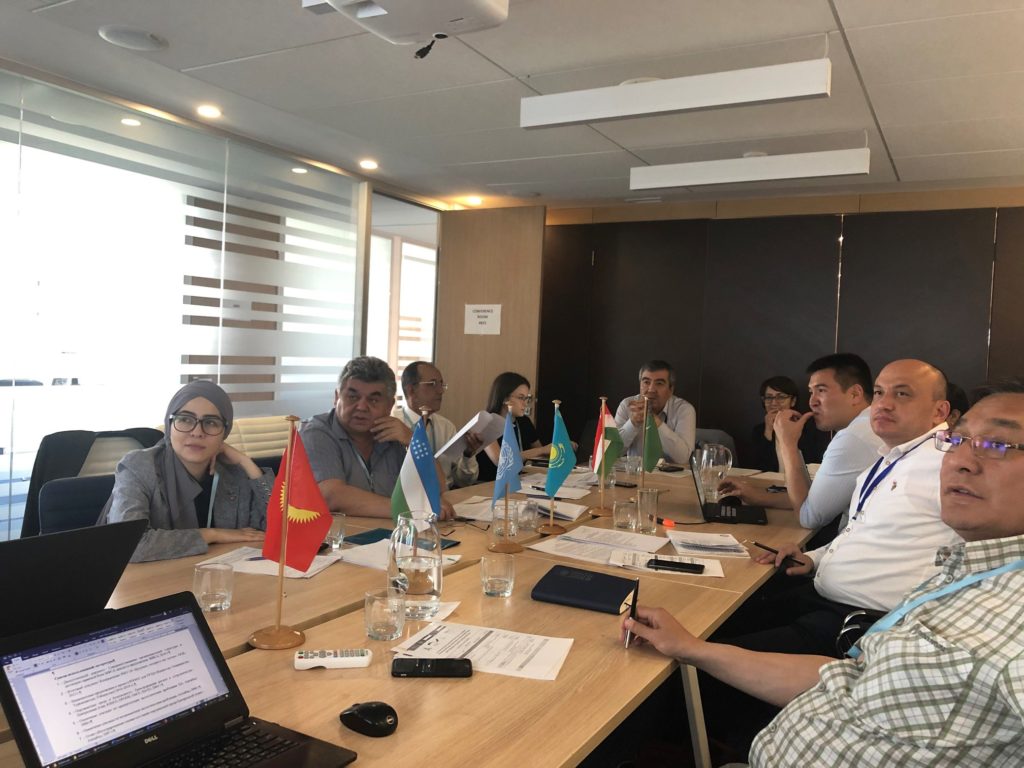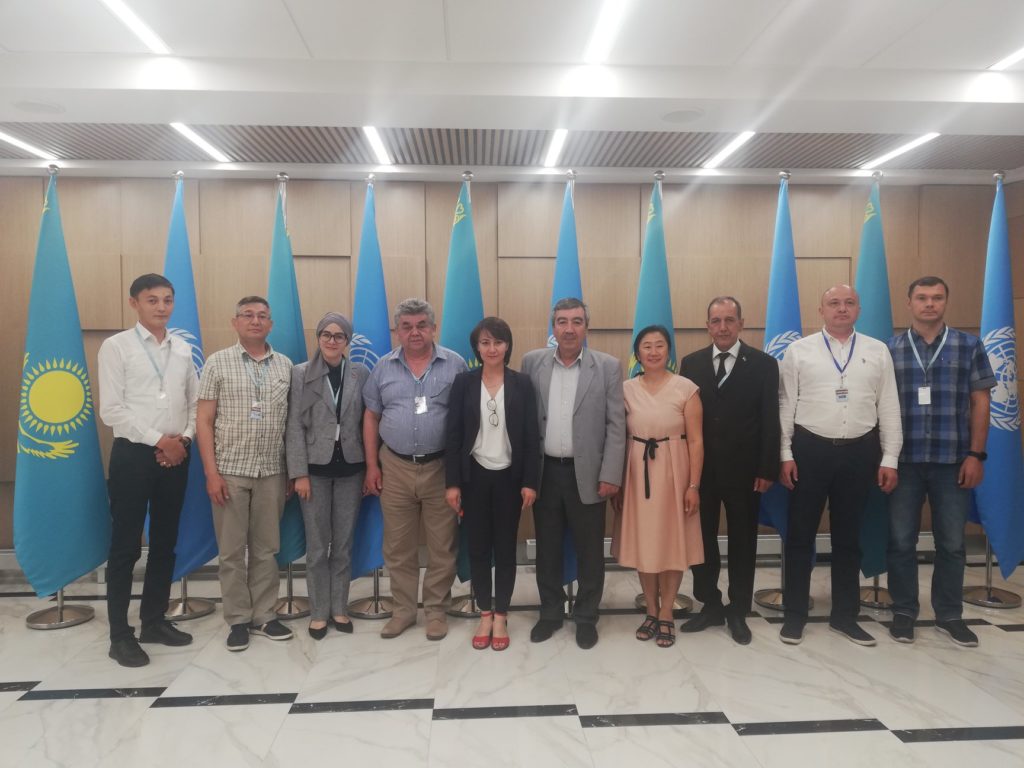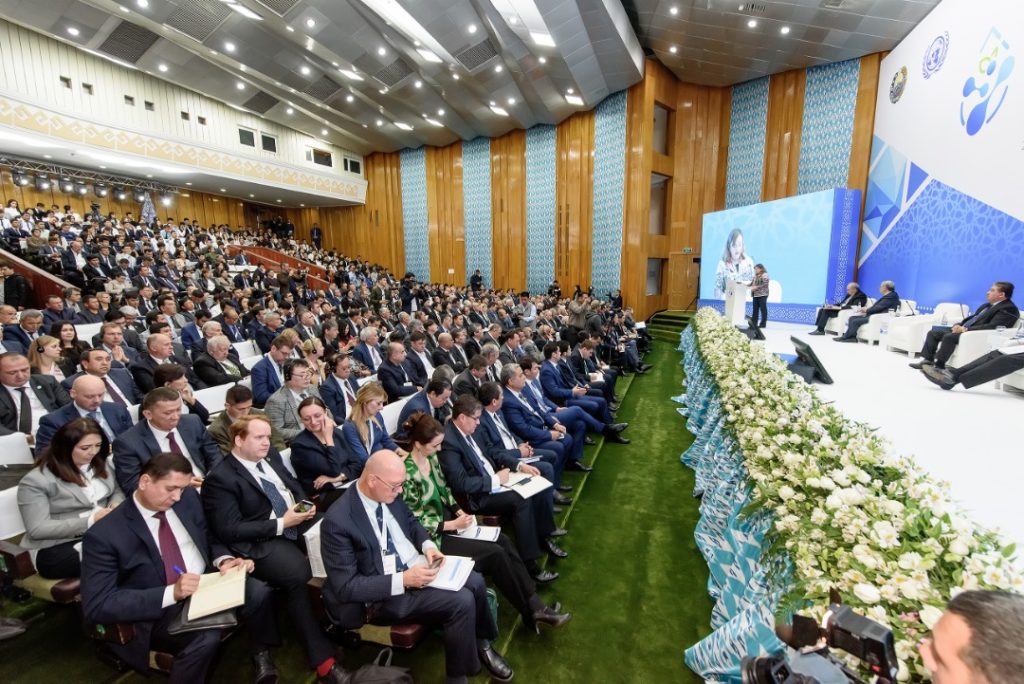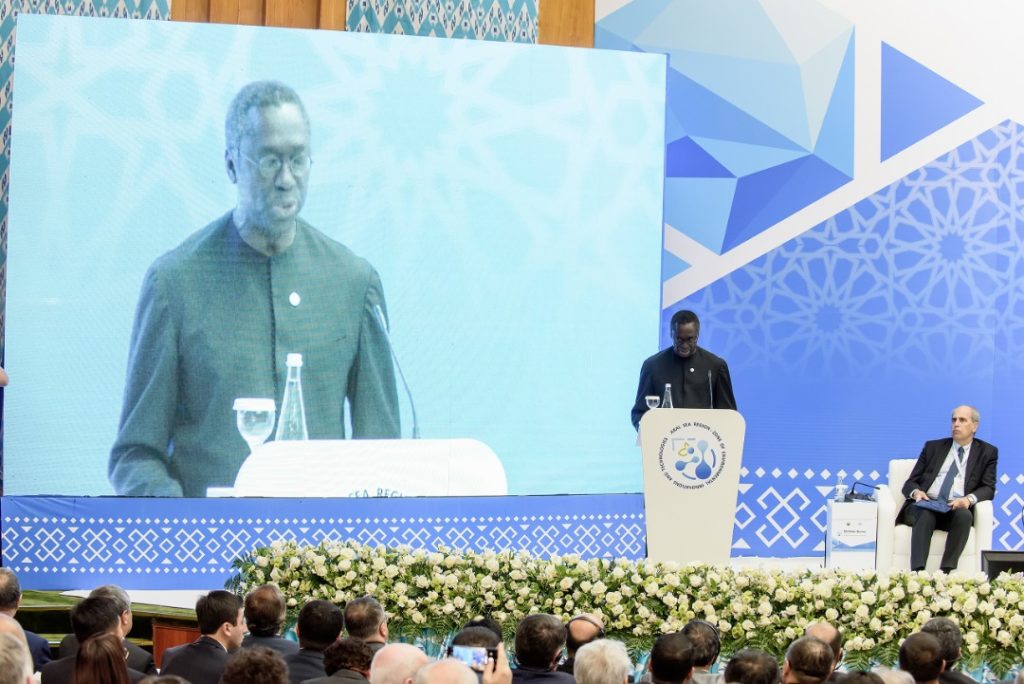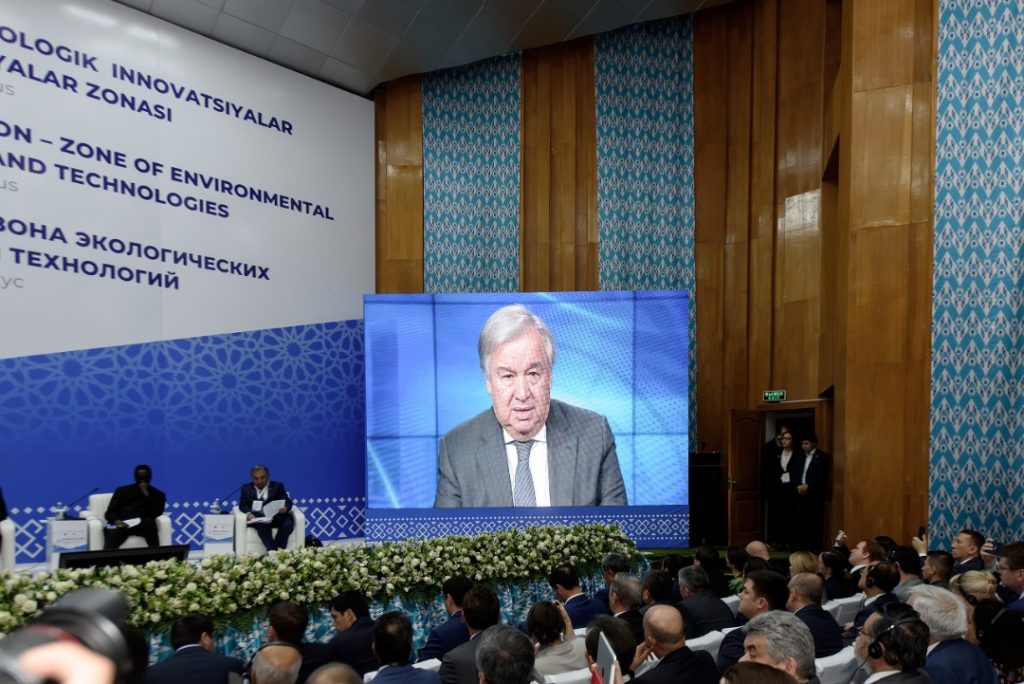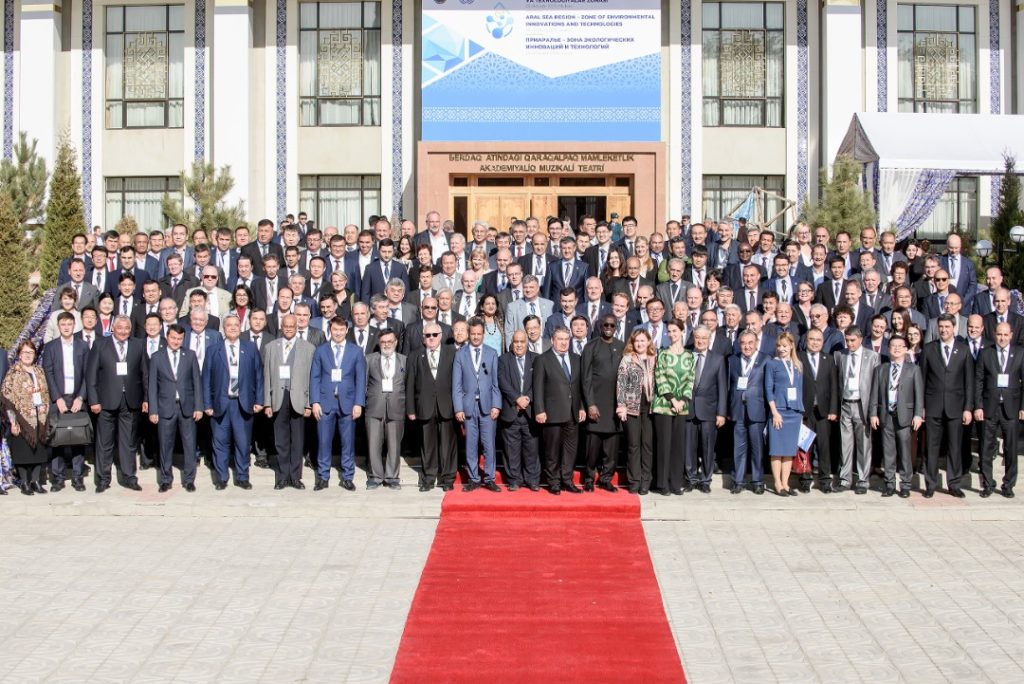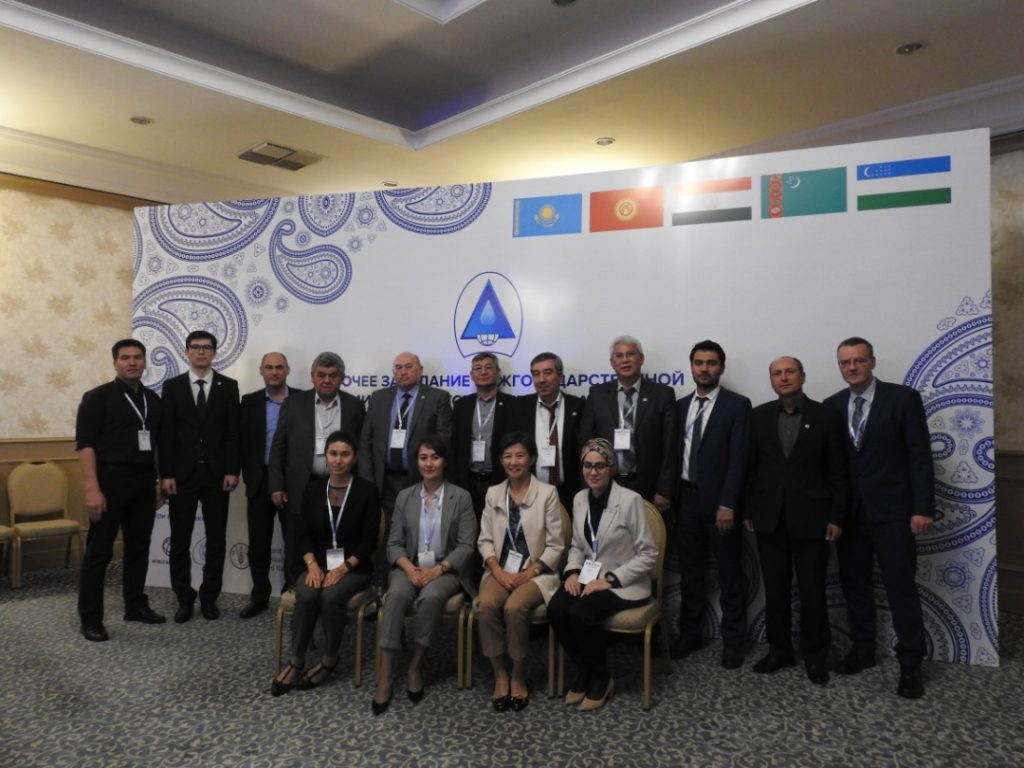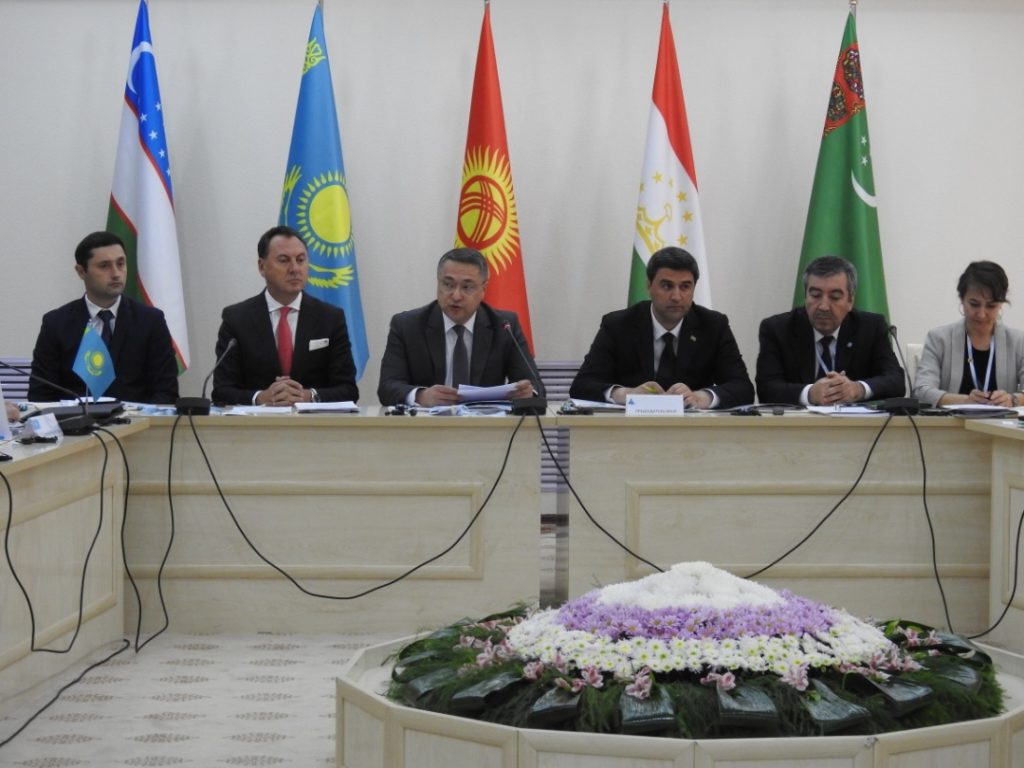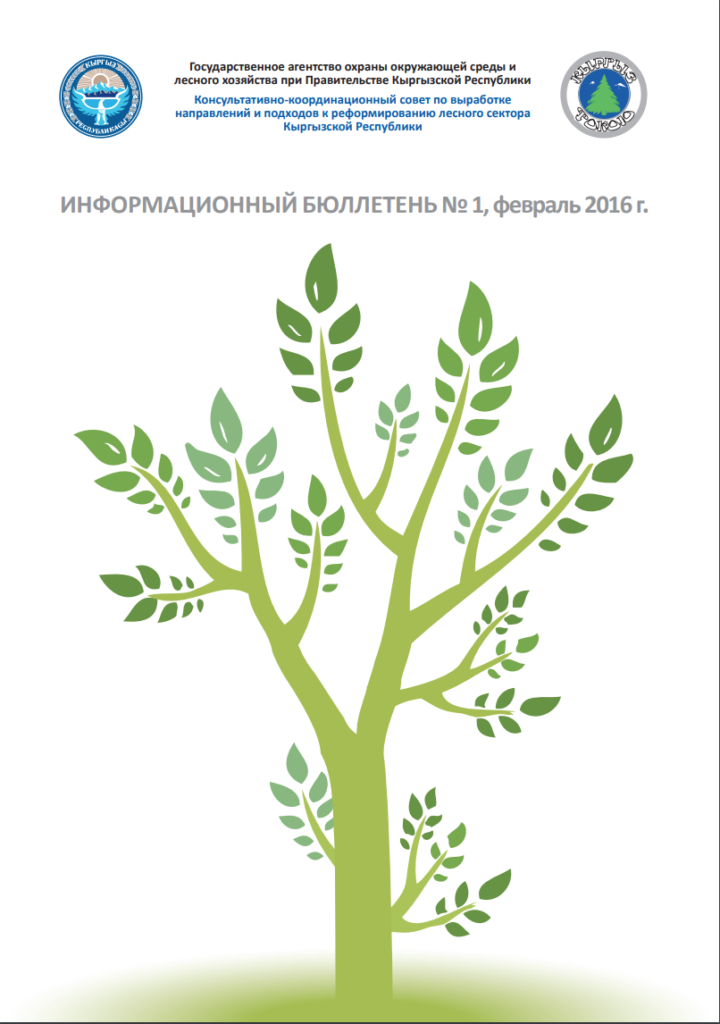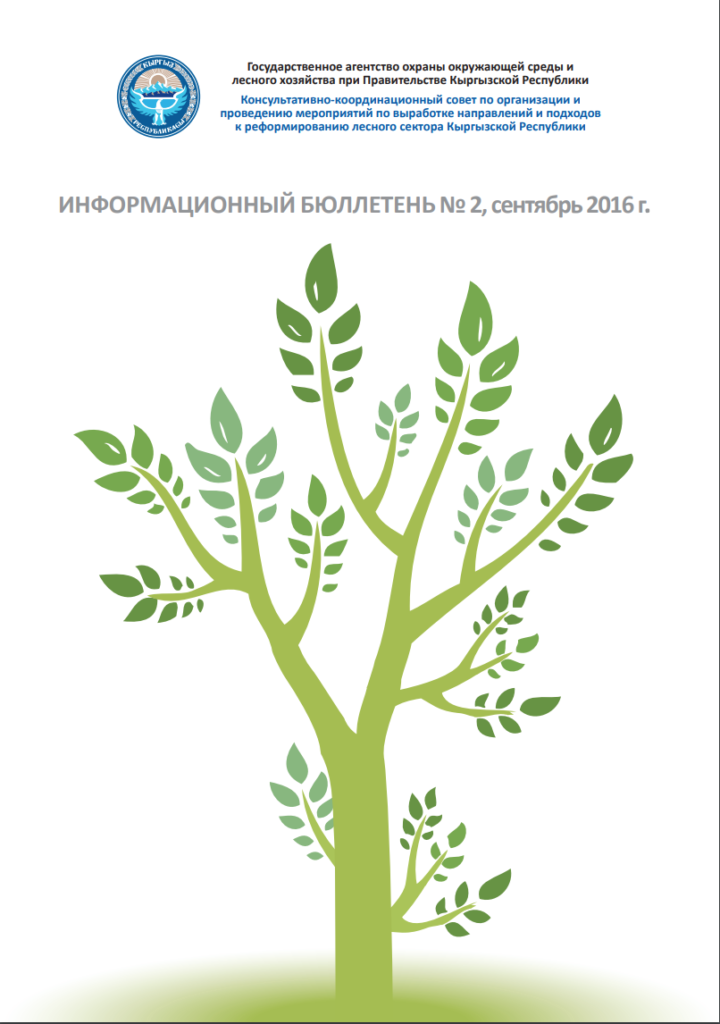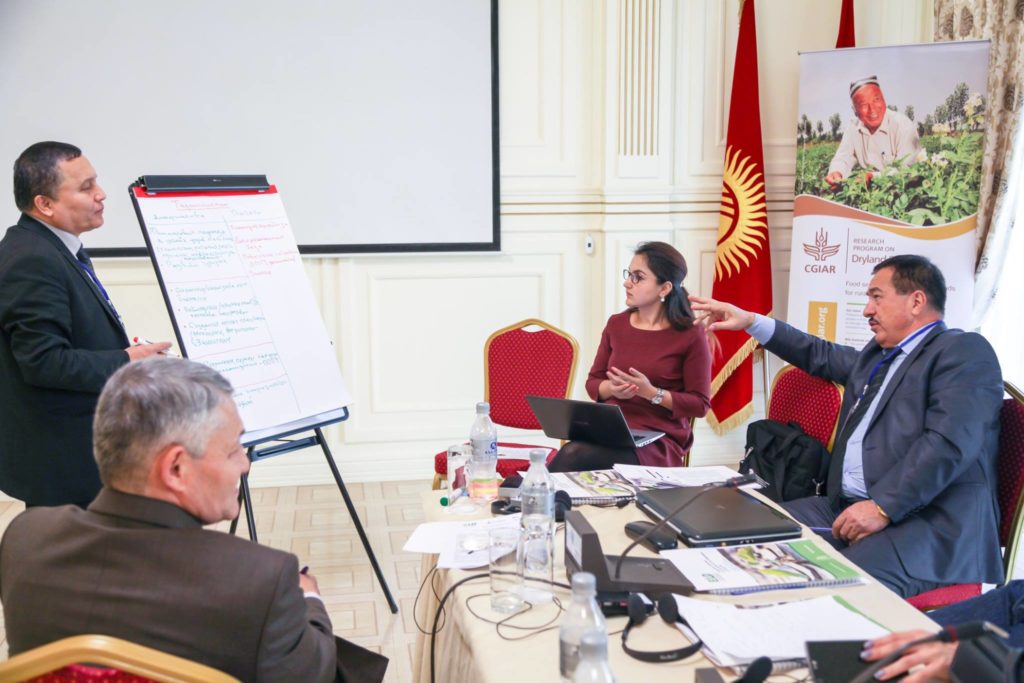In Central Asian countries, natural resource management is strongly centralized, which requires creating additional opportunities for involving the private sector and local people in the dialogue on the sustainable use of these resources taking into account economic, social and environmental aspects.
At the regional level, starting from 2017, Deutsche Gesellschaft für Internationale Zusammenarbeit (GIZ) GmbH (German Federal Enterprise for International Cooperation)has been providing expert support in the development of the Regional Environmental Program for Sustainable Development in Central Asia (REPSD CA), important for all five countries. Together with other international partners, such as the United Nations Environment Program, GIZ supported technical meetings, meetings of national working groups and the regional working group (1st: December 2018 in Almaty; 2nd April 2019 in Tashkent; 3rd April 2019 in Almaty).
The meetings helped to reveal the national priorities of each of the countries participating in the Interstate Commission on Sustainable Development (ICSD). Only those topics that were of interest to two or more countries were submitted for discussion by the regional working group in order to ensure the regional nature of meetings. Numerous remote and personal discussions made it was possible to reach a consensus of the parties and to prepare draft REPSD CA, which was adopted in October 2019.
The regional cooperation of the GIZ Program with the ICSD Scientific Information Center was established in January 2016. The Program team assisted in the development of a systematic organizational process to strengthen the overall management and role of the ICSD among the founding countries; the capacity of ICSD bodies; the information policy and the workflow system, mechanisms and tools of external and internal communication; providing technical assistance to SIC branches according to their needs.
To support the dialogue at the national and local levels, the Program provided support to SAEPF in forestry sector reform piloting. The reform is based on the principles of decentralization and partnership between the public, private sectors and local communities. The piloting process is coordinated by the Consultative Coordinating Council (CCC), which consists of representatives of various government agencies, development partner organizations and civil society. Piloting process, the results achieved, problems and solutions are discussed at CCC meetings. CCC fosters dialogue among stakeholders.
We also contributed to raising awareness of key partners, such as the SAEPF, the Ministry of Economy, the Ministry of Agriculture, Food Industry and Land Reclamation, the Hydrometeorology Agency under the Ministry of Emergencies of the Kyrgyz Republic (Kyrgyzhydromet), the National Statistics Committee, the Department of Water Resources, KyrgyzGiprozem, I. Razzakov Kyrgyz State Technical University on measurement, reporting and verification (MRV) and climate reporting in international conventions.
This resulted in a Memorandum of Understanding being signed by 12 government institutions in order to comply with national spatial data standards.
The SAEPF Consultative Coordinating Council (CCC) is called upon to direct and coordinate efforts to pilot the reform. It consists of representatives of various government agencies, development partner organizations and civil society. During the piloting period, the Council held 19 meetings to discuss the piloting process, the results, problems, and solutions. CCC helps strengthen dialogue between stakeholders from various sectors of the economy in order to discuss issues related to sustainable forest management.
